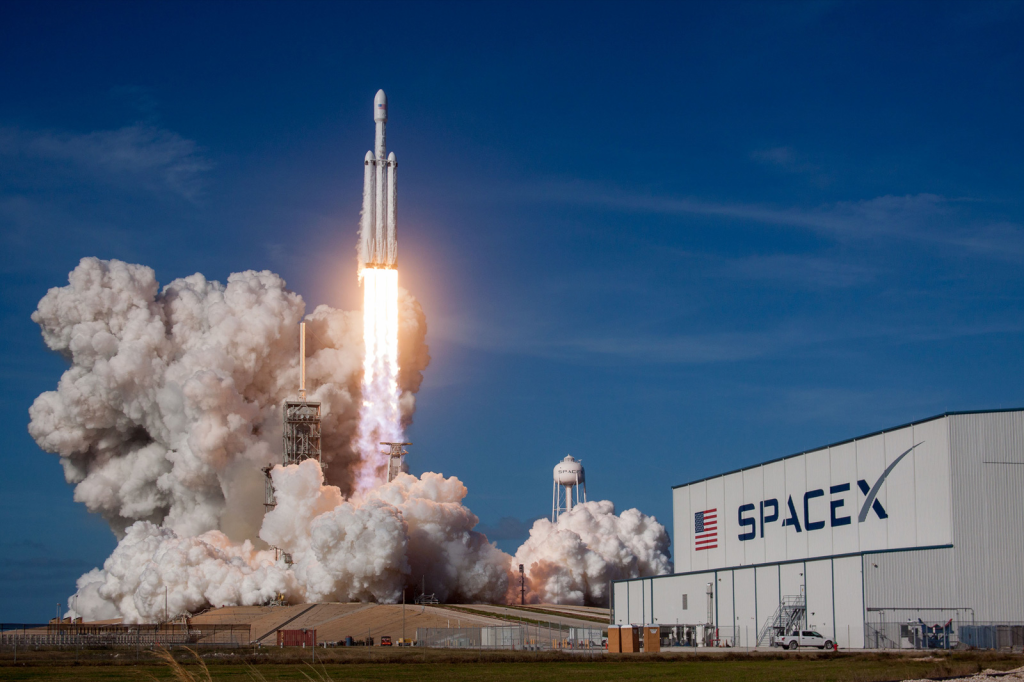SpaceX’s workhorse Falcon 9 rocket can return to flight for a mission planned for Monday to launch the European Space Agency’s Hera spacecraft from Florida, the U.S. Federal Aviation Administration said on Sunday.
Elon Musk’s company, which has engaged in a public quarrel with the FAA in recent weeks, said on Sunday it is planning the liftoff for 10:52 a.m. ET (1452 GMT) from Cape Canaveral.
“The SpaceX Falcon 9 vehicle is authorized to return to flight only for the planned Hera mission scheduled to launch on Oct. 7 from Cape Canaveral Space Force Station in Florida,” the FAA said on Sunday.
The agency said it has “determined that the absence of a second stage reentry for this mission adequately mitigates the primary risk to the public in the event of a reoccurrence of the mishap experienced with the Crew-9 mission.”
The FAA on Sept. 30 said SpaceX must investigate why the second stage of its Falcon 9 malfunctioned after a NASA astronaut mission, grounding the launch vehicle for the third time in three months. The malfunction caused the booster to fall into a region of the Pacific Ocean outside of the designated safety zone that the FAA approved for the mission.
Hera is set to study the effects of the 2022 impact that NASA’s DART spacecraft had with the asteroid Dimorphos in a test of a planetary defense system – the first time a spacecraft managed to alter the motion of any celestial body. Dimorphos is a moonlet of Didymos, which is defined as a near-Earth asteroid.
The Hera mission is expected to provide data for future asteroid deflection missions with an eye toward redirecting objects that could pose a future collision threat for Earth.
Falcon 9 launched DART in 2021.
The FAA on Sept. 17 proposed fining SpaceX $633,000 for violating agency rules ahead of two 2023 Falcon 9 launches.
“They’ve been around 20 years, and I think they need to operate at the highest level of safety,” FAA Administrator Mike Whitaker said on Sept. 24.
SpaceX took issue with Whitaker’s comments, saying the company is the “safest, most reliable launch provider in the world, and is absolutely committed to safety in all operations.”
Whitaker defended the FAA’s decision to delay a planned September Starship 5 launch, noting that SpaceX failed to complete a timely sonic boom analysis as required. The FAA has said it does not expect a license determination before late November for that launch.
Musk has criticized FAA leaders over the agency’s proposed fine and called for Whitaker’s resignation.
In February 2023, the FAA proposed a $175,000 penalty against SpaceX for failing to submit some safety data to the agency prior to an August 2022 launch of Starlink satellites. The company paid that penalty.



